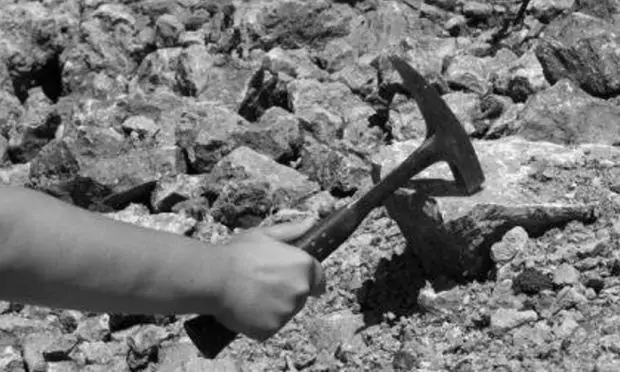Last week, pubs in the UK were overwhelmed by demand with some saying the beer taps were running dry after the easing of pandemic restrictions, lending yet more credence to the theory that consumers are bursting to spend the savings they have accumulated during the Covid lockdowns.
Investors have ploughed into consumer-driven businesses, buoying the FTSE 100 earlier this month as it climbed above the 7,000 threshold to pre-pandemic levels off the back of a broader recovery. Whitbread (LON:WTB), owner of Premier Inns, was among the chief gainers, up 70% from a dip in October.
On April 27, Whitbread published full year results, prompting a sharp tumble in its share price. The group announced an adjusted pre-tax loss of £635.1 million on a 71.4% year-on-year sales drop. Even its upbeat outlook and promise to invest £350 million in new hotel rooms have not prompted a share price recovery.
At this level and with the swift vaccination roll-out in the UK, it looks initially like there is an investment case for Whitbread. Certainly the market was gung-ho before the results came out and WTB has forecast a “significant bounce in leisure demand” for the summer. But we are cautious on the stock.
Pent-up demand will be ‘skewed towards luxury’
Whitbread’s chief source of revenue is from its hotels, which are each neighboured by one of its branded restaurants (Beefeater, Bar + Block, Cookhouse & Pub, Brewers Fayre, Whitbread Inns and in-house restaurant Thyme). Food and beverage sales are mostly driven by hotel occupancy.
During lockdown, WTB managed to keep some of its hotel business when others were closed (although this was because it was providing accommodation for NHS staff and key workers). Things looked up in the summer between lockdowns when occupancy rates were as much as 80% in coastal areas.
Whitbread said last week that it expected a recovery in occupancy rates with this latest easing of restrictions.
“We expect a significant bounce in leisure demand in our tourist locations during the summer, followed by a gradual recovery in business and event driven leisure demand,” said chief executive Alison Brittain.
This outlook was qualified, however. Whitbread added that the bounce would not be enough to achieve a full recovery until there is a removal of restrictions on events such as weddings and sporting events. Office based business won’t recover, it said, until offices “reopen in earnest”.
Recovery of hotel trade forecast to be muted
Even a “significant bounce” though isn’t going to have much impact on the company’s bottom line: Premier Inns’ coastal and tourist destinations make up only 15% of hotel real estate and it looks unlikely that foreign tourists will be pouring in over the summer. Although, occupancy was strong last summer, PwC has also cautioned that for the sector, it expects rates of only 55% for 2021.
How people will spend their money is another question too. Bernstein analyst Pranavi Agarwal said the rerating of the market is overdone where Whitbread is concerned. “Though there is certainly pent up demand for travel, we see increased savings through Covid being spent on luxury leisure and not the likes of Premier Inn.”
Bernstein has an ‘underperform’ rating on the stock and a target price of just £24. “Whitbread’s stock price (adjusted for the rights issues) is at a premium to the market, buoyed by being a recovery play.”
Also of concern for Bernstein are the margins. “They forecast margins back to pre-Covid levels by 2024 but with plans to open two to three thousand rooms in the UK, we are more sceptical and build in declining margins post Covid.”
Whitbread looks too heavily reliant on still shuttered hotels
Concerning the punters flocking to the pubs to satisfy their pent-up demand, Whitbread’s not going to benefit much. Its food and beverage sales are not only driven by the nearly always adjacent hotels – that are not always in prime locations for fun seekers – but anyway make up a smaller proportion of total revenue.
Shares in Whitbread were up 2.93% at 3339 pence on April 30. This was off a pre-results day peak of 3444 pence but remaining well above its year low of 1997 pence.
The stock has been punished but it’s not trading at lows that we believe would make it interesting to buy. Question marks over the extent to which the recovery will boost earnings and how its margins will be affected by its bold extension plans dilute any investment case yet further.












